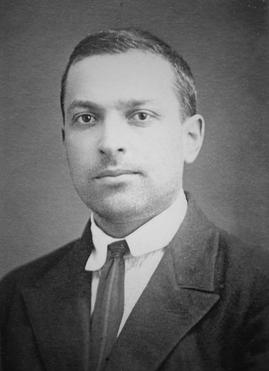Another perspective that supports the social nature of education comes from Vygotsky (1978), whose theory of the zone of proximal development proposes that optimal learning is achieved through both teacher’s guidance and peer interaction. The zone of proximal development is the distance between what an individual can learn on his/her own and the potential for learning with an instructor or a community of peers
Gap between learning on your own, or learning in community is an interesting topic. I see this as an issue for both in person engagement and online engagement
